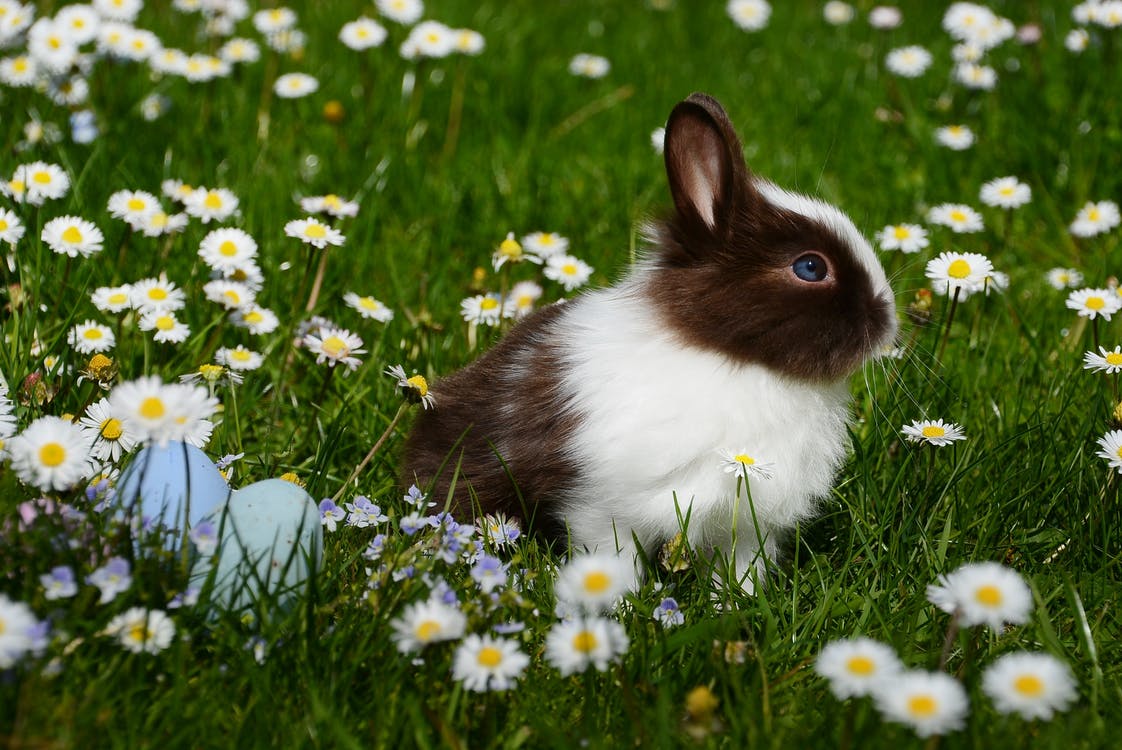Love or Romantic love is very different from Conscious Love, which I will describe in a moment. Romantic Love is not conscious love nor is it real love. We’ve all experienced romantic (emotional) love, most of us initially when we were teenagers. In plain English, emotional love is simply infatuation. It’s a state of being consumed by a strongly libido driven feeling of passion for someone. Although it can happen at any age, its especially prevalent in the first, youthful explorations of the world of human relationships. Romantic love can (rarely) be the first step to a mature intimacy and conscious love. But almost always emotional love creates a seemingly real but ultimately false “erotic reality”. The lover projects all his ideals onto the personality of his beloved.
In Romantic love, the beloved is a passive victim of libidinous attraction being projected onto the partner. In Conscious love, there is an active knowledge and appreciation of the intrinsic unique nature of the beloved—regardless of the consequences to the lover.
Conscious love is rare among humans but, curiously is more commonly found these days in relationships between Man and the vegetable and animal kingdoms. Yes that’s right. Some of us develop a true love for the plants and flowers that we cultivate in our gardens or for our dogs and horses, which are a primitive form of conscious love. The sign of conscious love is that you have a singular wish that the other person (or pet or plant) should achieve her own unique perfection—even if they are not involved romantically with you.
So as you can see, Conscious Love does not occur by chance, accident or luck. It is the result of effort, resolve, and self-conscious choice. It requires that the lover perfect himself so that one day he might attain the self-knowledge and inner strength to aid with the perfection of his beloved. In the Vedic tradition, children are encouraged to grow flowers and cultivate reverence and care for animals. For if you cannot cultivate a flower or treat a cow or dog properly, how could one learn to cultivate the fragile, latent perfection of his beloved? Of the many qualities necessary, humility, patience, and tolerance are paramount.
In conscious love, if you are not sure or cannot provide what is proper for her perfection, do not block her from following her own instincts. In the meantime, take her within your heart and reflect—what is her nature, what she may become, what her soul craves, what she needs. Anticipate today her needs of tomorrow—and do this without a thought of how satisfying her needs impact you. Unlike emotional love, Conscious love requires self-knowledge and self-discipline. Those of you who are following a yogic lifestyle may therefore be unintentionally and unwittingly preparing yourselves for this highest form of love. Enter this enchanted forest, if you dare. Although emotional love can be demonic, conscious love can be a path to divinity. The gods love each other consciously; conscious lovers become gods and goddesses.
You might consider yourself continent because you are refraining from physical sexual relations. But continence must be of the senses as well as the genitals. From each of the senses there pours out into the world continual rivers of energy. And just as we can expend ourselves through physical exertions, it is an absolute certainty that we can (and do) exhaust ourselves mentally, emotionally, or sexually through any or all of our senses—especially the eyes. To look at a woman (or man) with lust is much, much more than to simply look. When one looks, or hears, or speaks, or smells, or touches with lust a fine form of pranic energy–which is our sexual energy–is expended. And while it is often partially recoverable, its only with time and effort that it is replenished. The ancient Ayurvedic physicians realized that it is quite possible to become completely impotent through the senses alone, while remaining continent and celibate in the ordinary sense of the word. It is no wonder that amongst the eight original subspecialties of Ayurveda we find Vajikarana (Treatment of Sexual Weakness) to be highlighted.
In Ayurveda we understand that control of the senses develops naturally in only a very few people; for the rest of us it must be acquired. Amidst the greatest and most enlightened civilization human history has ever known, the Vedic civilization, continence of the senses was taught from an early age. Each sense was carefully trained to enable students to discriminate between different energies generated from the five senses intellectually, emotionally, instinctively, or erotically. From this training, these young tantrics and yogis acquired the power of controlling and directing their senses in powerful ways. Eroticism in Tantric circles became an art form of the most conscious and divine way the world has known.

